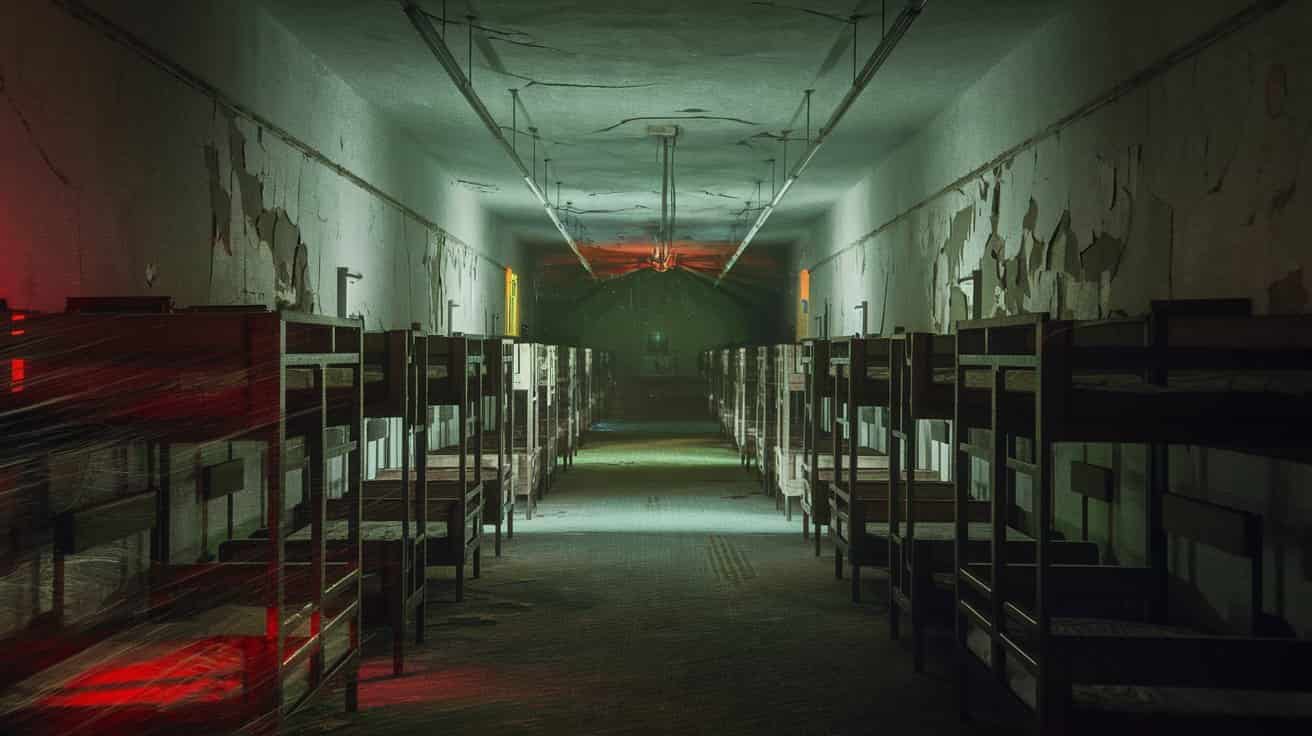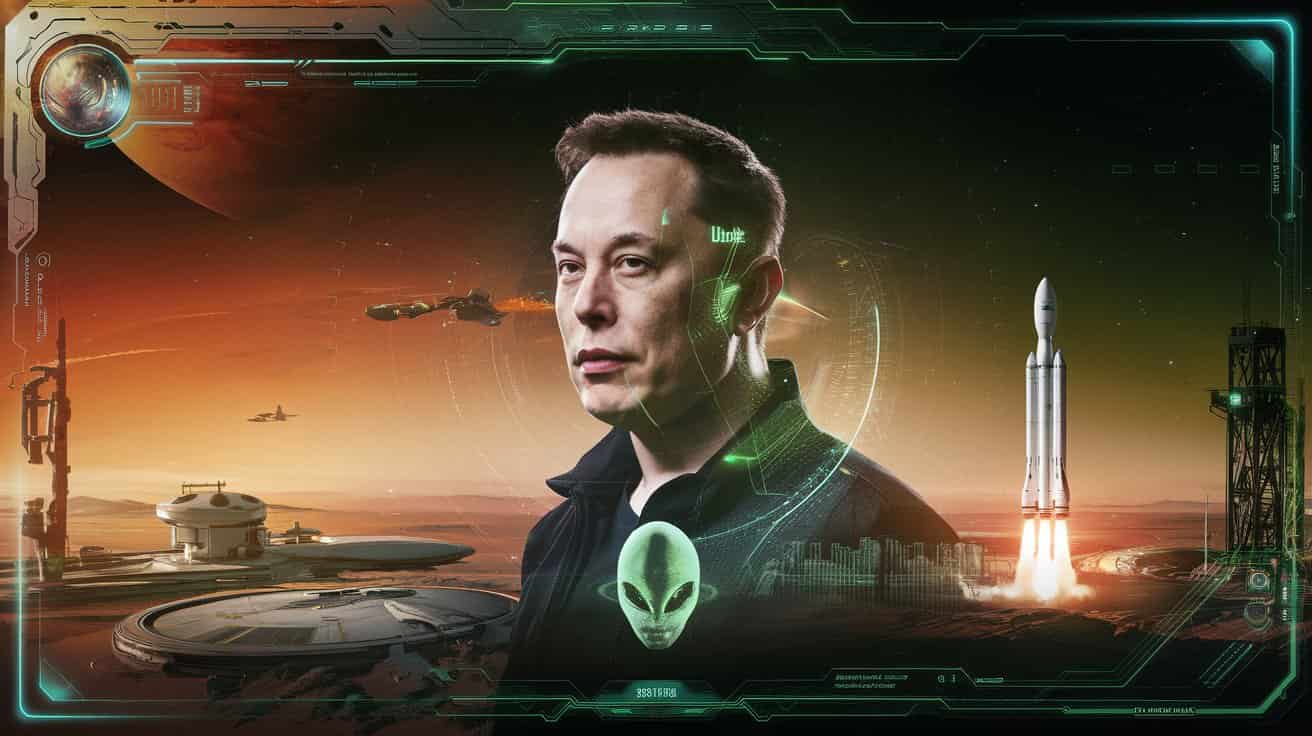Time Travel and Paradoxes
Time travel is a fascinating topic that combines elements of science fiction and scientific inquiry. The idea of moving to different points in time invites many questions and challenges our understanding of reality. This article examines the key theories and paradoxes associated with this intriguing concept.
What is Time Travel?
The concept of traveling through time involves the theoretical ability to move to various moments in history or the future. Albert Einstein’s theory of relativity provides a foundation for this idea, suggesting that significant distortions in space-time might allow for such movement.
Key Theories
- Wormholes: These are theoretical constructs that might act as shortcuts through space-time, connecting distant locations. While they are an exciting possibility, wormholes remain unproven and face significant scientific challenges.
- Time Loops: This theory suggests that traveling to the past could create a repeating cycle of events. Changes made in the past might influence future outcomes, leading to complex scenarios.
- Black Holes: Black holes could cause distortions in space-time, which might affect how time is experienced. This concept supports some theoretical models but remains largely speculative.
Notable Paradoxes
- Grandfather Paradox: This paradox occurs when changes made in the past could prevent one’s own existence, such as stopping a grandparent from being born, creating a logical inconsistency.
- Bootstrap Paradox: Involves sending information or objects from the future to the past, complicating questions about their origins and the flow of knowledge.
- Double Time Paradox: Providing future information to the past might lead to new events, challenging the traditional cause-and-effect relationship.
The exploration of time travel and its associated paradoxes offers intriguing insights into both science and philosophy. While the theories provide valuable perspectives, time travel remains a largely speculative concept, requiring further research for a deeper understanding.
For more insights on this and related topics, stay tuned to our blog!



Post Comment